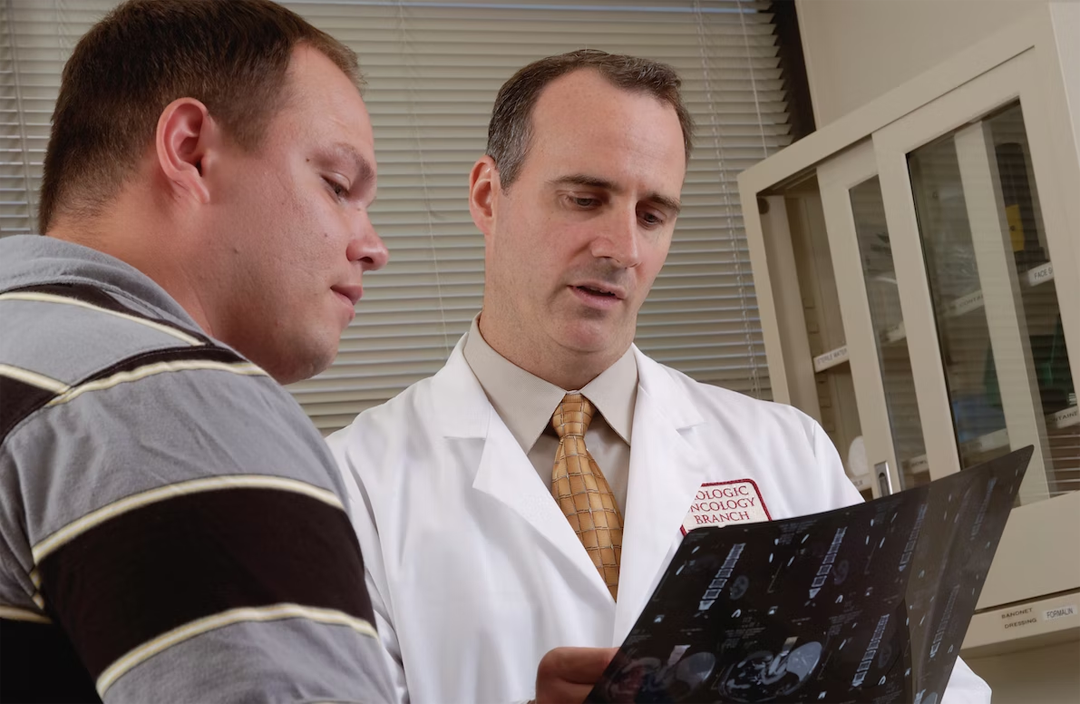 A healthy reproductive system is essential to maintaining your overall health. Unfortunately, many people face problems that affect their reproductive organs, such as infertility or sexually transmitted infections. Fortunately, there are steps you can take to improve and maintain the health of your reproductive system. This article will cover six tips for resolving medical problems with your reproductive system. From understanding the symptoms associated with common issues to learn about lifestyle changes that can help keep you healthy, these tips will help you address any potential concerns with your reproductive organs.
A healthy reproductive system is essential to maintaining your overall health. Unfortunately, many people face problems that affect their reproductive organs, such as infertility or sexually transmitted infections. Fortunately, there are steps you can take to improve and maintain the health of your reproductive system. This article will cover six tips for resolving medical problems with your reproductive system. From understanding the symptoms associated with common issues to learn about lifestyle changes that can help keep you healthy, these tips will help you address any potential concerns with your reproductive organs.
1. Educate Yourself on Reproductive Health Conditions
One of the most important things you can do to protect your reproductive health is to educate yourself on potential issues and their symptoms. Taking the recommendation of a Melbourne based urologist, you need to consult a medical specialist to help diagnose and treat reproductive health conditions and resolve medical problems with your reproductive system. For example, if you’re a woman of reproductive age, it’s important to be aware of the signs and symptoms of endometriosis and other gynecological conditions. Similarly, men should pay attention to potential prostate or testicular cancer signs. Knowing what to look out for can help you catch any issues before they become serious.
Being able to recognize signs and symptoms associated with reproductive health conditions can also be beneficial so that you know when to seek medical attention immediately. Knowing which treatments are available for certain conditions can also help you decide what’s best for you if multiple options are available. Additionally, understanding how certain lifestyle changes may help improve reproductive health can be valuable in keeping your reproductive system healthy.
2. Improve Your Diet
The food you eat is vital in keeping your reproductive system healthy. Eating a balanced and nutritious diet can help to maintain hormonal balance, reduce inflammation, and improve overall health. Foods that contain antioxidants, plant-based proteins, omega-3 fatty acids, and other essential nutrients are especially beneficial for maintaining optimal reproductive health.
A nutritious diet is critical for addressing medical problems related to the reproductive system. For example, an adequate intake of folic acid – found in green leafy vegetables like spinach or broccoli – can help prevent neural tube defects in newborns. Additionally, consuming foods rich in fiber, such as whole grains and legumes has been linked to a lower risk of developing ovarian cysts or endometriosis.
Getting the right balance of macronutrients like proteins, carbohydrates, and fats is also important for keeping your reproductive system functioning properly. Eating adequate amounts of lean protein (such as fish, poultry, eggs, or plant-based proteins) can help maintain hormonal balance and support fertility. Complex carbs – including whole grains, legumes, fruits, and vegetables – provide essential nutrients to keep your reproductive system functioning smoothly.
3. Get Regular Exercise
Regular exercise is an important health tip to resolve medical problems with your reproductive system. Regular physical activity helps to keep your body healthy and functioning optimally, which will, in turn, help maintain the health of your reproductive system. Exercise helps to promote blood flow throughout the organs of your reproductive system, providing them with essential oxygen and nutrients to function properly. It also helps increase endorphin production in the brain, which causes a feeling of relaxation and well-being that can reduce stress levels, a common factor in many reproductive health issues.
Exercise can also help improve your overall fitness level. Being fit improves cardiovascular health and metabolic functions such as hormone production and release during ovulation and menstruation cycles. Additionally, it strengthens the abdominal and pelvic muscles, which can help with conditions like urinary incontinence and prolapse of the uterus.
Finally, exercise helps to regulate your stress levels healthily. High levels of cortisol, the primary hormone associated with stress, can interfere with ovulation, making it difficult to conceive or increasing your risk of miscarriage. Exercise is an excellent way to naturally reduce cortisol levels while boosting endorphins that provide a sense of well-being.
4. Practice Safe Sex
Practicing safe sex is one of the most important health tips in resolving medical problems with your reproductive system. Using barrier methods such as condoms and dental dams can reduce the risk of transmitting sexually transmitted infections (STIs) to both partners and potentially reduce the risk of unintended pregnancy. Additionally, practicing safe sex helps keep bacteria and viruses from entering the body through cuts or sores that may be present on or around the genital area.
When it comes to seeing a doctor for issues related to your reproductive system, using protection during sexual activity will make it easier for them to accurately diagnose you without worrying about any potential STI exposure. Furthermore, many STIs can be treated if caught early enough; by practicing safe sex, you may be able to avoid long-term complications that can arise from an untreated infection.
5. Manage Stress Levels
Research has shown that reducing stress levels can help improve overall health and reduce the risk of developing reproductive-related medical issues. There are several ways you can manage your stress levels so that you don’t experience any adverse effects on your reproductive system. First and foremost, make time for yourself each day to relax and unwind; this could include meditation or yoga practice if that’s something you enjoy. Secondly, get plenty of physical activity each week; exercising helps release endorphins and reduce stress levels. Additionally, try to avoid unhealthy habits such as smoking or drinking excessively. Finally, make sure that you take time to manage your mental health by talking with family or friends, getting proper rest, and eating a balanced diet.
6. Make Lifestyle Changes If Necessary
If you’ve been diagnosed with a reproductive health condition, your doctor may recommend specific lifestyle changes to help manage the condition. This could include quitting smoking or drinking, reducing stress levels, exercising regularly, and eating a healthy diet. It’s important to follow your doctor’s instructions closely to give yourself the best chance of recovery.
 Taking care of your reproductive system is essential to maintaining good overall health. By understanding common issues and symptoms associated with reproductive conditions, improving your diet, getting regular exercise and check-ups, practicing safe sex, managing stress levels, and making any necessary lifestyle changes; you can ensure that your reproductive organs remain healthy for years to come. By following these tips, you can take control of your reproductive health and live a happy and healthy life.
Taking care of your reproductive system is essential to maintaining good overall health. By understanding common issues and symptoms associated with reproductive conditions, improving your diet, getting regular exercise and check-ups, practicing safe sex, managing stress levels, and making any necessary lifestyle changes; you can ensure that your reproductive organs remain healthy for years to come. By following these tips, you can take control of your reproductive health and live a happy and healthy life.

